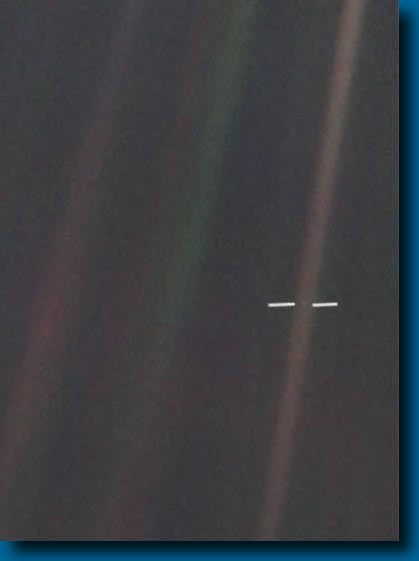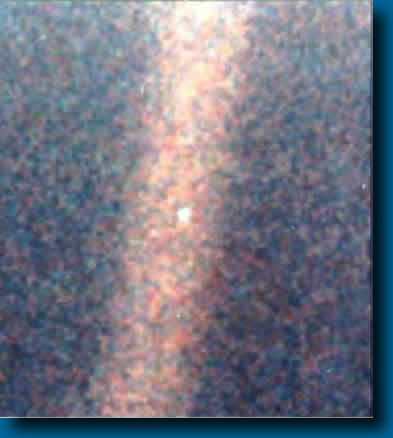First off, thanks everyone who's been sharing other astronomy related links. Haven't gotten through them all yet, but I really enjoy.
I wonder when we're going to downgrade most of the states in the US? Since 50 states seem rather extreme for students to have to memorize. For that matter ... we should probably downgrade most presidents so that students only have a handful that they need to memorize. Amazing that a SCIENTIST would actually state we can't keep adding planets to our list because it would be too difficult for students to have to memorize them. He even commented he wouldn't want to have to memorize even 20 planets.
Wonder if he can name all 50 states and the capitals, as well as all the presidents?
You know, I never had to learn all the presidents, although I did have to learn the state capitals. I'm not sure I could recite them or anything anymore, although funny thing, I can still recite the first lines of Caesars Gallic Wars in latin, well until I get to the part where either Celts call themselves Gauls, or the Gauls call themselves Celts, never could remember which way that worked.
Actually I can still recall a lot of stuff from Latin class, probably because I like it way more than US history/geography.
The definition of a planet is always going to be arbitrary, because a naturalistic definition will be too broad to be useful: by the most naturalistic definition we'll have hundreds of planets, some of which don't even orbit the Sun (after all, why shouldn't Ganymede and Titan--both larger than Mercury--be planets?). Personally, I would have gone the other way with the definition, though: call the eight bodies that are currently labeled planets "major planets" (they're the ones we memorize in grade school), and let any body that has attained hydrostatic equilibrium be called a planet--whether that be an asteroid like Ceres, a moon like Titan, or a dwarf planet like Pluto. Especially since by the IAU's current definition, we can't actually confirm that
any planets exist outside the Solar System--our equipment just isn't sensitive enough to prove that every exoplanet has cleared its neighborhood.

Bringing it back to astronomy, if they had just called Pluto a dwarf planet, instead of a Kuiper Belt Object, maybe people wouldn't be quite as upset. I mean, who wants to learn 50 states, hic haec hoc, and an awkward term like Kuiper Belt Object.
Also interesting point Zaarin, about us not knowing whether extra solar planets have cleared their neighborhoods or not. I hadn't thought of that, even though I knew we are mostly aware of gas giants out there because it's easier to spot big things than little ones.







